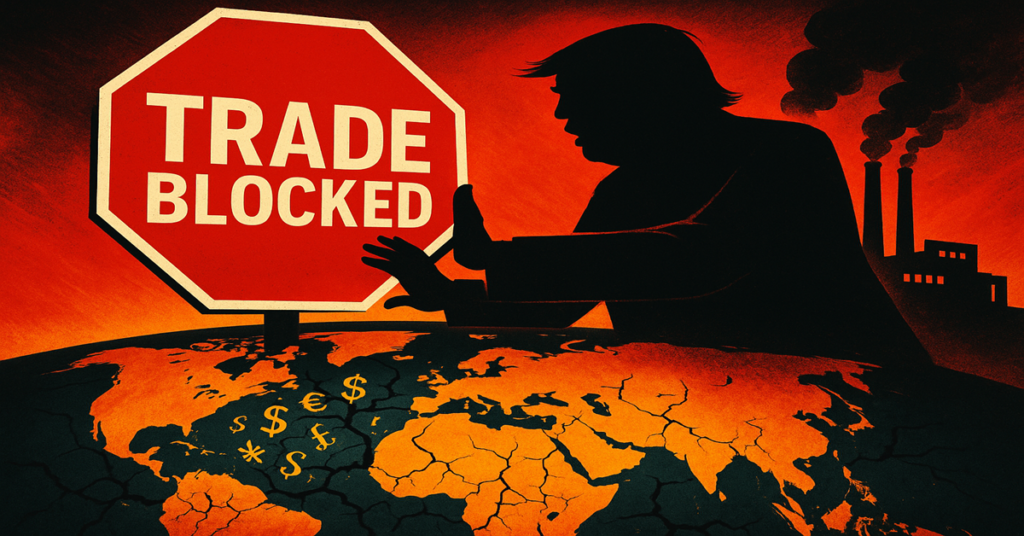President Trump Signs Order Imposing New Tariffs on Trading Partners
President Donald Trump on Thursday signed an executive order that sets new tariffs on a wide swath of U.S. trading partners. The new duties will go into effect on August 7, marking the next step in his trade agenda and a significant test for the global economy and international alliances. This move is a clear signal of the administration’s continued focus on reshaping trade relationships and prioritizing domestic manufacturing.
The order targets a number of countries and various products, though specific details of the full list are still emerging. The administration claims these new tariffs are necessary to protect American industries from unfair competition and to correct what it sees as decades of imbalanced trade deals. Critics, however, warn that these actions could lead to retaliatory tariffs, harm U.S. consumers through higher prices, and disrupt global supply chains. The decision will likely dominate headlines and political discourse in the coming days as affected nations prepare their responses.
What Does This Mean for American Consumers?
While the goal of the tariffs is to boost domestic production, consumers may feel the impact in several ways. Imported goods, from electronics to clothing, could become more expensive. Businesses that rely on international components may face higher costs, which they could pass on to customers. The full extent of the consumer impact will depend on the specific products targeted and how trading partners react.
Potential International Fallout
Trading partners are now in a difficult position. Countries affected by the tariffs are expected to consider a range of responses, including filing complaints with the World Trade Organization (WTO) or imposing their own retaliatory tariffs on American goods. This could escalate into a full-blown trade war, with significant consequences for economic stability worldwide. The **Trump administration’s** decision is a bold move that challenges the existing framework of international trade and cooperation.
The Road Ahead: What to Watch For
The coming week will be critical. As the August 7 deadline approaches, global markets will be watching closely for official responses from key trading partners like the European Union, China, and Canada. Businesses in the U.S. will also be scrambling to adjust their supply chains and pricing models to account for the new costs. The political implications are also immense, as the tariffs could become a major talking point in future policy discussions.
Frequently Asked Questions
What is a tariff?
A tariff is a tax imposed by one country on the imported goods or services of another country. Tariffs are used to restrict trade, often to protect domestic industries from foreign competition.
Who is affected by these new tariffs?
The new tariffs will affect both U.S. trading partners whose goods will be subject to the tax and American consumers and businesses who may face higher prices for imported products.
When do the new tariffs take effect?
The executive order signed by President Trump states that the new tariffs will go into effect in seven days, specifically on August 7.

